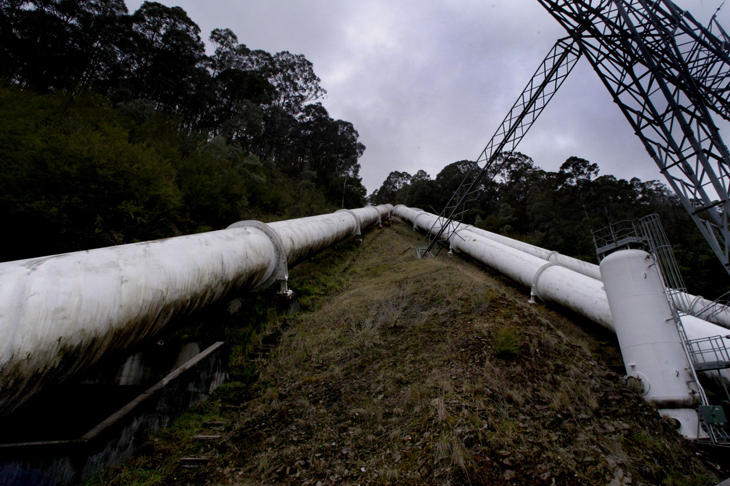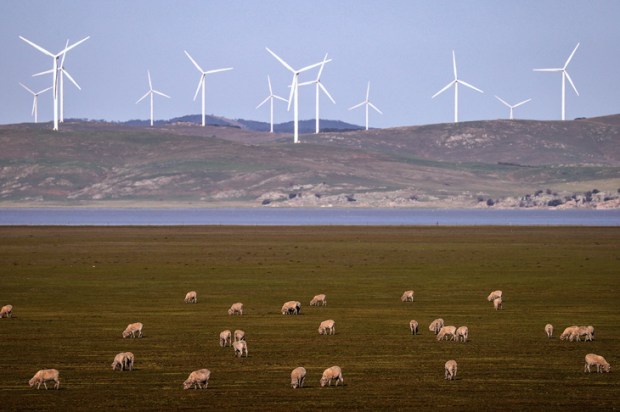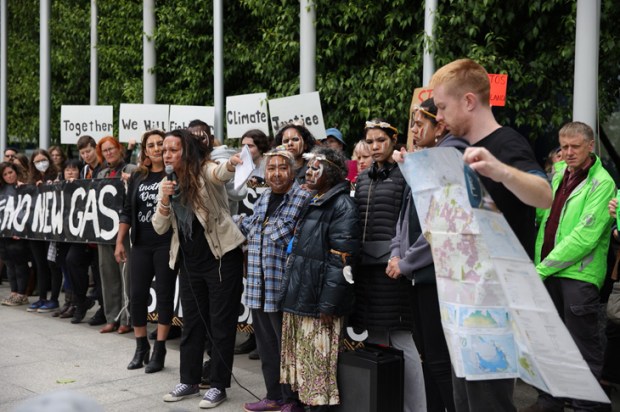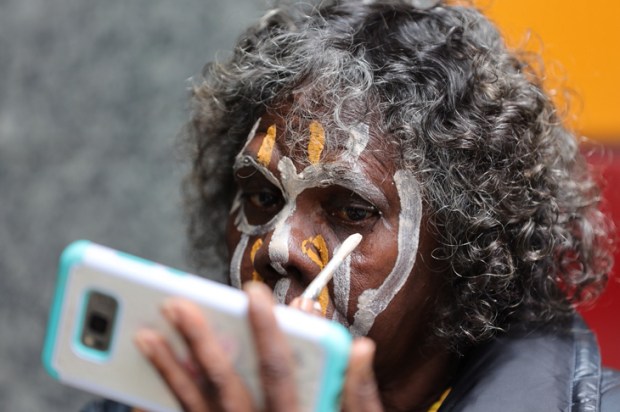It is bullshit. Former Snowy Hydro boss Paul Broad is far from alone in his expert, if refreshingly colloquial, view that Australia’s farcical state, federal and corporate greenhouse gas emissions targets are simply unattainable – and never were. And now, the head of the world’s second-biggest miner, Rio Tinto, says his company’s scope 1 and 2 emissions targets were a mistake – and he won’t join rivals BHP, Vale, Glencore and Fortescue (with its ambitious net zero by 2040) in pretending he can set achievable targets for the scope 3 emissions of Rio’s overseas customers, over which Rio has no...
Already a subscriber? Log in
Subscribe for just $2 a week
Try a month of The Spectator Australia absolutely free and without commitment. Not only that but – if you choose to continue – you’ll pay just $2 a week for your first year.
- Unlimited access to spectator.com.au and app
- The weekly edition on the Spectator Australia app
- Spectator podcasts and newsletters
- Full access to spectator.co.uk
Unlock this article
You might disagree with half of it, but you’ll enjoy reading all of it. Try your first month for free, then just $2 a week for the remainder of your first year.














Comments
Don't miss out
Join the conversation with other Spectator Australia readers. Subscribe to leave a comment.
SUBSCRIBEAlready a subscriber? Log in